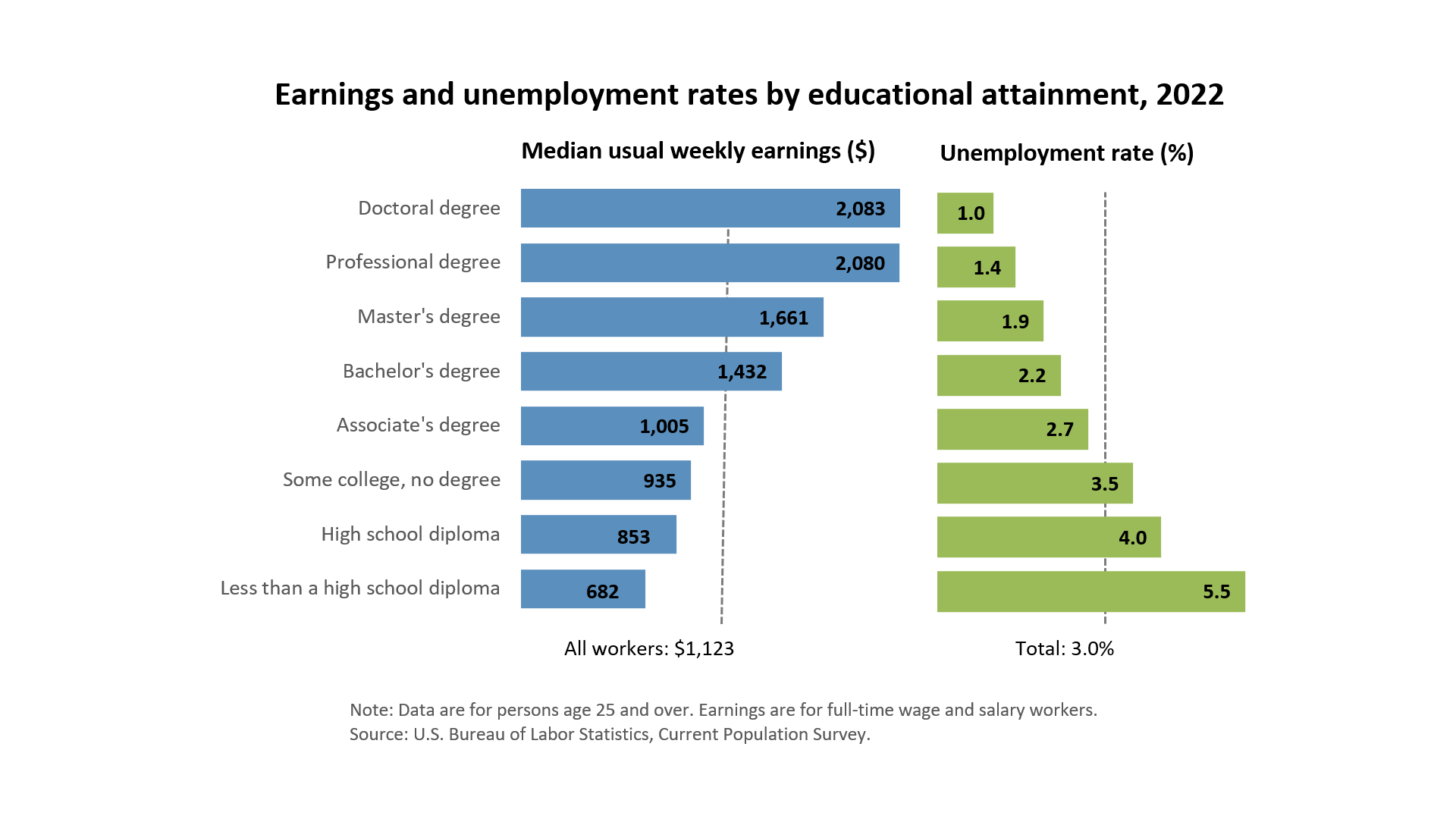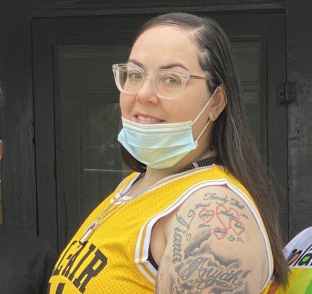I-LEAD designed the ACE program to address the primary barriers that low-income working adults face when pursuing a college degree: time, cost, preparedness, and lack of familiarity with higher education systems. It is completely oriented to student needs and provides significant support services to ensure student success. Engagement with applicants and learners is intensive; students receive guidance from ACE staff while they are in the program resulting in an average three-year graduation rate of 75% compared to the national 31.6% graduation rate at 2-year institutions. Nearly 90% of ACE students are African American between the ages of 25 and 50; more than 50% are working mothers with children at home. Additionally, more than 80% of ACE students are first-generation college learners. While the college and financial aid application process can be challenging regardless of one’s circumstances, it is especially daunting for someone who encounters it for the first time and lacks a network of assistance to navigate the process.

1,500
Number of ACE graduates
60%
Number of ACE students who receive 100% of available state and federal financial aid
since 2005
More than 1,500 working adults have earned an associate degree; after graduation, many matriculate at 4-year institutions to earn a bachelor’s degree. The ACE partners work together to provide the educational opportunity for those in underserved communities to achieve the best quality of life for themselves and their families.
ACE offers affordable tuition, an accelerated format, and convenient evening courses, which meet twice a week. The degree programs are fully accredited through our academic partners by the Middle States Commission on Higher Education, enabling students to qualify for financial aid and earn transferable credits to four-year degree programs at local universities. Students participating in associate degree programs are fully matriculated students of Harcum College and the associate degree is awarded by Harcum. Check out our program site at Achieve College Education.
the model
I-LEAD contracts with community-based organizations to become ACE College Partnership Sites. A partnership site must meet specific criteria including the capacity to host classes on-site, engage in robust and effective recruitment, and have at least one dedicated employee (more depending on the size of the program at the site). That employee will be trained to provide guidance to potential students throughout the application process and will interact effectively with Admissions and Financial Aid offices at Harcum College. The partnership site is also responsible for providing ongoing support to enrolled students including practical problem-solving related to attendance and academic performance.
The Majors
The Opportunity

3 years
Average length of time to complete the associate degree through ACE
87%
Number of ACE students who are women
92%
Number of ACE students who are African American
Harcum College: The College of Possibilities
The oldest associate degree-granting college in Pennsylvania, Harcum College has been preparing professionals for meaningful and successful careers for over 100 years. The faculty of Harcum teach, mentor, and prepare students for success in their chosen profession in an experiential environment. Harcum celebrated its centennial in 2015 and maintains its core values of excellence, civility, empowerment, integrity, community service, and respect for diversity. About 1,700 students from 7 states and 8 countries and from a variety of racial, ethnic, and religious backgrounds attend Harcum; 5% live on campus.
The Harcum Community Scholarship
A scholarship worth more than $10,000 is provided to every ACE student and is a significant contribution towards tuition.
Harcum Community Scholars are invited to participate in a renowned leadership training program at no cost to the student. It is offered by I-LEAD, which has been training grassroots community leaders for more than 20 years.
The program provides students with an opportunity to build powerful leadership skills that will revolutionize and strengthen their ability to interact creatively with others. Graduates of our Leadership program have built successful businesses, served in positions of political leadership, become community leaders and, most importantly, achieve personal happiness and success.
Harcum Community Scholars are role models who demonstrate what success looks like to their friends, family, and communities.
The Program’s Unique Ingredients of Success
Convenience of Time and Location
Classes take place at the same time two evenings per week in an accelerated format of four eight-week semesters per academic year. Classes are delivered in a live, zoom-like format, online.
Maximum Financial Aid
Students typically attend full-time and qualify for state and federal financial aid. Financial aid awards are determined by income and ACE students generally can fund 50-70% of tuition through financial aid. Students are also eligible to take out student loans, but are discouraged from borrowing more than necessary to cover academic costs in order to minimize student debt.
Financial Sustainability
Live, online classes bring college directly into the home or workplace, removing transportation and campus expenses. In the ACE business model, tuition revenue is shared with community partners, generating income and scaling resources with program growth.
Relevant Curriculum
ACE students can choose from six majors, each of which prepares them for employment in high demand fields. Non-credit remedial courses are taken alongside credit-bearing courses to efficiently develop college skills.
Size of Community Higher Education Schools
Class size ranges from 15-30 students.
Student Success Services

Fostering College Attachment
No cost college coaching for youth with a history in care
In 2021, as part of a special initiative through the ACE program, I-LEAD also began working intensively with local partners to develop strategies to overcome the barriers to college attachment confronting youth with a history in care. In Pennsylvania, approximately 1,100 youth age out of the foster care system annually. Most often they leave the system with little to no financial resources, limited educational achievement, and consequently, very limited employment opportunities. 95% will leave the system with no source of income. Though some will have stable relationships with supportive adults, the majority do not. When they leave care and system supports drop off, they face many challenges on their own such as un or underemployment, financial and food insecurity, insufficient medical care, homelessness, single parenthood, and general navigation of young adulthood..
I-LEAD’s experience with this particular youth population has revealed a great need for engaged and knowledgeable higher education coaches to help them recognize the lifelong rewards of a college degree and navigate their transition to higher education.
Student Voices

Shantelle Thomas
“College is for smart people, I didn’t feel smart, college is not for me.”
Sometimes believing in yourself is the hardest part of the journey to success.
“Everyone has their season. The journey is the journey. This is my season.”


